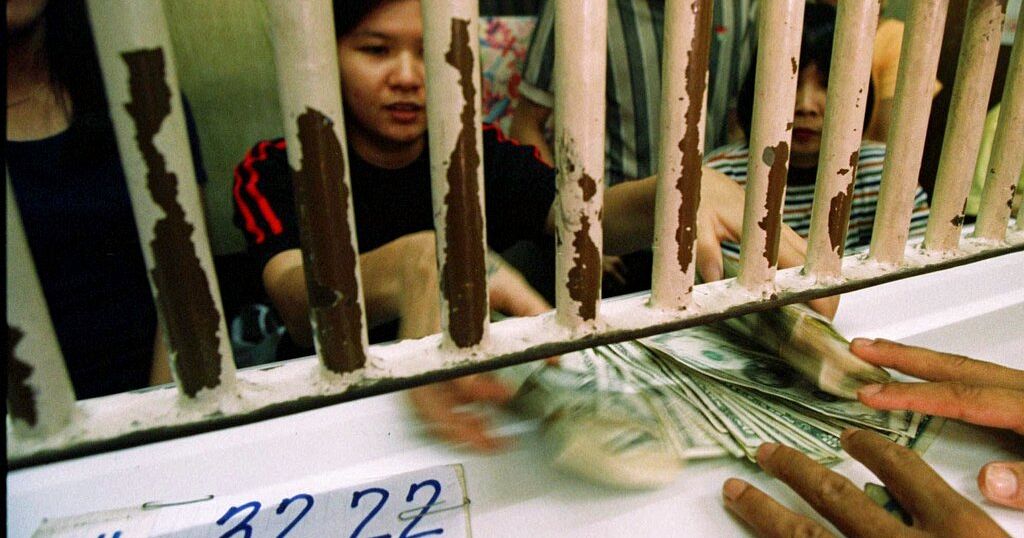Over the past two decades, the volume of remittances sent globally has increased fivefold. Despite this growth, there is still a pressing need to reduce transaction costs and improve access to financial services for the 1.4 billion adults worldwide who remain unbanked. This issue is highlighted in this year’s International Day of Family Remittances (IDFR), an initiative by the UN’s International Fund for Agricultural Development (IFAD) established in 2015.
Economic Impact and Challenges
The IDFR underscores the significant economic impact of remittances on receiving households, communities, and nations. By 2030, migrants are projected to send over US$5 trillion to low- and middle-income countries (LMICs). Much of this money will go directly to rural areas, where 80% of the world’s poor live, facing food shortages and the impacts of climate change.
Alvaro Lario, President of IFAD, emphasized the importance of these remittances, noting that they are a lifeline for hundreds of millions of people, half of them in rural areas. However, he also highlighted the ongoing challenge: despite the large sums being sent, over 1.4 billion adults remain unbanked and many find the costs of sending remittances prohibitively high due to steep transfer fees.
### Gender and Financial Inclusion
The majority of unbanked adults worldwide are women, with significant gender, income, age, education, and workforce gaps persisting in every region. While remittance costs have decreased from 9.7% of the sent amount in 2009 to 6.2% today, they are still above the 3% target set by the UN’s Sustainable Development Goals (SDGs).
Digitalization and Its Impact
The digitalization of remittance services in the last decade has led to significant improvements in access for millions of the world’s poorest rural people. However, in some countries, such as Kenya, the costs remain prohibitive. Despite reaching a record US$4.2 billion in remittances in 2023, which accounts for 3.9% of Kenya’s GDP, the region still faces higher charges for sending money compared to other parts of the world.
Celebrating Contributions and Addressing Issues
The IDFR celebrates the contributions of migrants and the efforts of financial service providers, governments, and international organizations. Public-private partnerships have been pivotal in driving the digital transformation of remittance services. This year’s events leading up to IDFR, including one in Nairobi, Kenya, have focused on these themes.
The IDFR, universally recognized and adopted by IFAD’s Governing Council on 16 February 2015, is a key initiative in implementing the Global Compact for Safe, Orderly and Regular Migration (Objective 20). This initiative calls for reducing remittance transfer costs and enhancing financial inclusion through remittances.
Read More: World News | Entertainment News | Celeb News
African News
